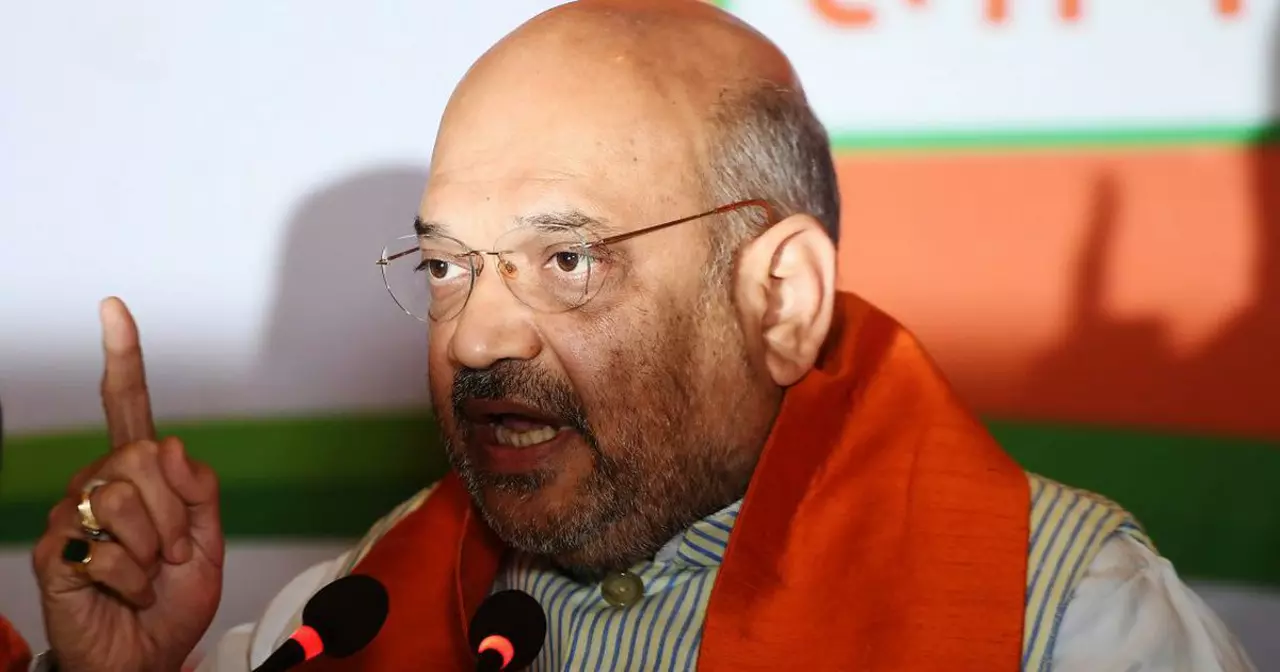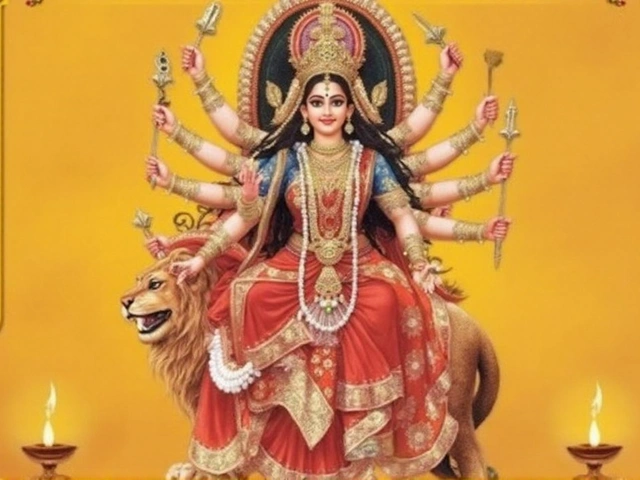What do you think of Amit Shah?
Amit Shah: The Master Strategist
When it comes to implementing innovative strategies and tactics for political gains, Amit Shah is often considered a mastermind. As the current Home Minister of India and a key member of the ruling Bharatiya Janata Party (BJP), Shah has played a significant role in shaping the political landscape of the country. His ability to analyze situations, predict outcomes, and devise successful strategies has greatly contributed to the party's victories in various elections over the years.
Some of Shah's most notable achievements include the BJP's massive victory in the 2014 Indian general elections and the party's expansion in states where it previously had little presence. His meticulous planning, attention to detail, and strong work ethic have earned him the reputation of being a political stalwart who can turn the tide in his party's favor.
Controversial Figure: Allegations and Acquittals
While Amit Shah's political acumen is widely acknowledged, his career has been marred by numerous controversies and allegations. As a result, he is considered a polarizing figure in Indian politics. Shah has faced charges related to fake encounters, extortion, and even murder. However, he has been acquitted in most cases due to lack of evidence or witnesses turning hostile.
Despite these controversies, Shah's supporters maintain that he is a victim of political vendetta, and his acquittals prove his innocence. Critics, on the other hand, argue that the acquittals do not necessarily exonerate him and raise questions about the fairness of the judicial process.
Amit Shah's Role in the Abrogation of Article 370
One of Amit Shah's most significant and contentious decisions as the Home Minister of India was the abrogation of Article 370, which granted special autonomy to the state of Jammu and Kashmir. The decision, taken in August 2019, was met with both praise and criticism.
Supporters of the move argue that it was a necessary step to integrate Jammu and Kashmir with the rest of India and promote development in the region. Critics, however, contend that the decision was taken unilaterally without consulting the stakeholders and has led to further alienation of the people in the region. The abrogation of Article 370 remains one of the defining moments of Shah's tenure as Home Minister.
Handling of the Citizenship Amendment Act Protests
Another major event during Amit Shah's tenure as Home Minister has been the widespread protests against the Citizenship Amendment Act (CAA), which grants citizenship to non-Muslim refugees from Afghanistan, Bangladesh, and Pakistan. The CAA has been criticized for being discriminatory against Muslims and for undermining the secular fabric of India.
As Home Minister, Shah's handling of the protests has been a subject of debate. While some argue that he has managed to maintain law and order during these challenging times, others criticize the use of force and the numerous arrests made during the protests. The CAA protests have been another example of the polarizing nature of Shah's political career.
Shah's Relationship with Prime Minister Narendra Modi
Amit Shah's political journey has been closely linked to that of Indian Prime Minister Narendra Modi. The two leaders have known each other since their days in the Rashtriya Swayamsevak Sangh (RSS), a right-wing Hindu nationalist organization, and their alliance has only grown stronger over the years.
As the Chief Minister of Gujarat, Modi relied on Shah's strategic prowess to secure electoral victories, and when Modi became the Prime Minister, he appointed Shah as the President of the BJP. The duo's partnership has been essential in shaping the BJP's strategy and expanding its reach across India. Their relationship has been described as one of mutual trust and respect, with both leaders complementing each other's strengths.
Amit Shah's Vision for India
Amit Shah's vision for India is closely aligned with that of the BJP and the RSS. He strongly believes in the idea of a unified and strong India, where the nation's cultural and religious heritage is preserved and promoted. As a staunch advocate of the Hindu nationalist ideology, Shah has been vocal about his support for a Uniform Civil Code, the construction of a Ram Temple in Ayodhya, and the implementation of the National Register of Citizens (NRC) to identify and deport illegal immigrants.
While Shah's vision resonates with a large section of the Indian population, it has also been criticized for promoting majoritarianism and undermining the country's secular principles.
Conclusion: Amit Shah's Impact on Indian Politics
In conclusion, Amit Shah has undoubtedly played a crucial role in shaping the political landscape of India in recent years. As a master strategist and a key figure in the ruling BJP, his decisions have had far-reaching consequences, both positive and negative. While his supporters praise him for his political acumen and dedication to the nation, his critics question his methods and the controversies surrounding him.
As the Home Minister of India, he has been at the forefront of some of the most significant and contentious decisions, such as the abrogation of Article 370 and the CAA. As a result, Amit Shah's legacy will be remembered as one of immense influence and impact, but also as a polarizing force in Indian politics.






